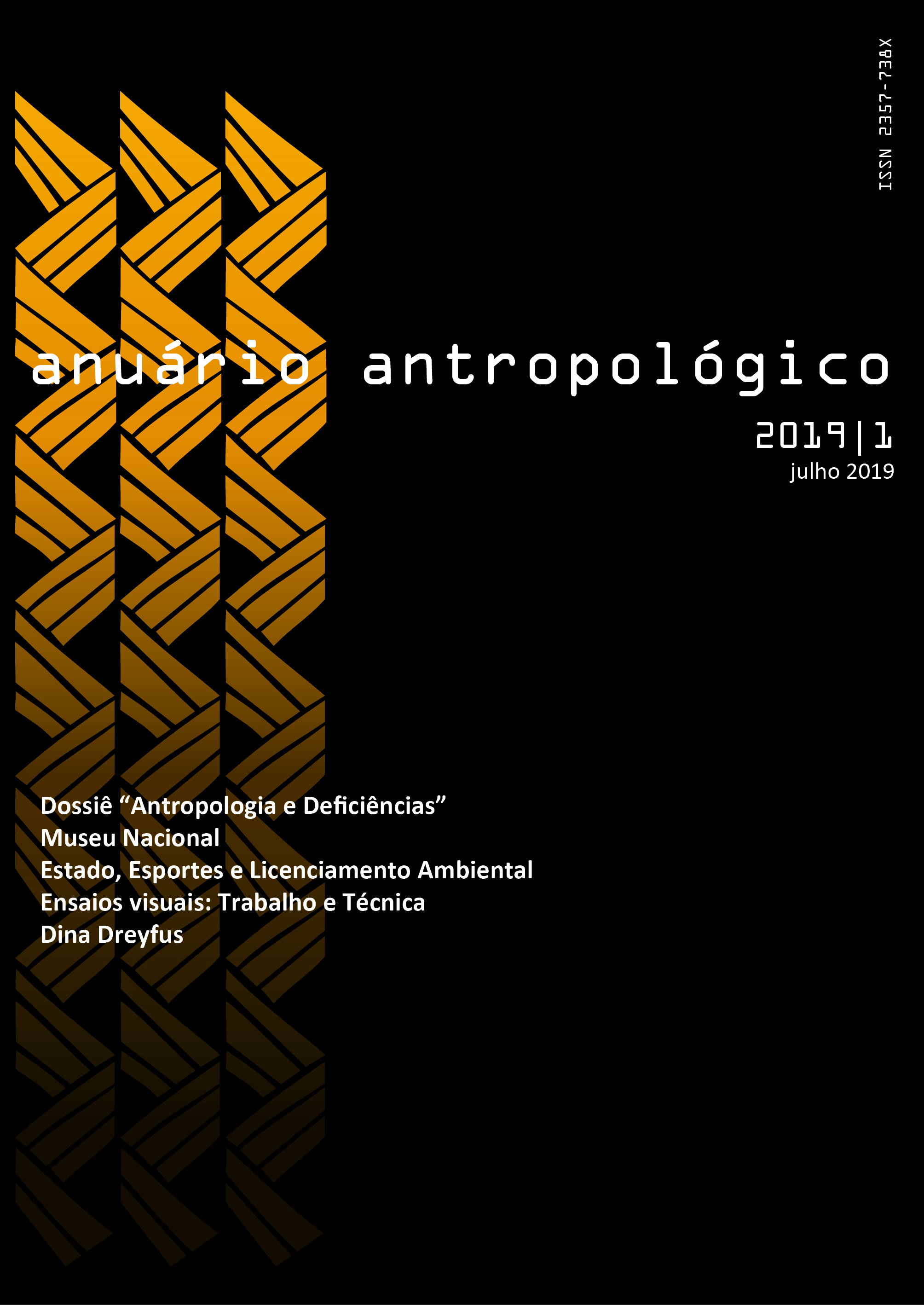Facts of cripness to the Brazilian
dialogues with Avatar, the film
DOI :
https://doi.org/10.4000/aa.3481Mots-clés :
Disability, Crip Theory, Queer Theory, Epistemologies of the SouthRésumé
The influence of queer theory on the humanities is also reflected in disability studies, contributing to the emergence of crip theory. While the main axiom of queer theory postulates that contemporary society is governed by heteronormativity, crip theory is supported by the socially constructed postulate of compulsory able-bodiedness that is not very sensitive to the body's diversity. The translation of the term crip into the category of crippled in Portuguese (i.e aleijado) is a way of giving the same sense of the word in English, indicating an area reserved for people with disabilities. Considering that gay and lesbian studies initially focused their investigations on the question of homosexuality being a "natural" or "unnatural" behavior, remaining within a binary logic, queer theory expands the investigative focus by encompassing any kind of sexual practice or identity that circumscribes normative or deviant categories. From this perspective, the disabled bodies are also queer. The objective of this work is to discuss the analytical and intersectional potential of a queer/crip epistemology in the constitution of the disability experience from the "global south", based on autoethnographic accounts and analysis of the Avatar movie.
Téléchargements
Téléchargements
Publié-e
Comment citer
Numéro
Rubrique
Licence
(c) Tous droits réservés Anuário Antropológico 2019

Cette œuvre est sous licence Creative Commons Attribution - Pas d'Utilisation Commerciale - Pas de Modification 4.0 International.
https://creativecommons.org/licenses/by/4.0/legalcode.en
Creative Commons - Atribución- 4.0 Internacional - CC BY 4.0
https://creativecommons.org/licenses/by/4.0/legalcode.en



